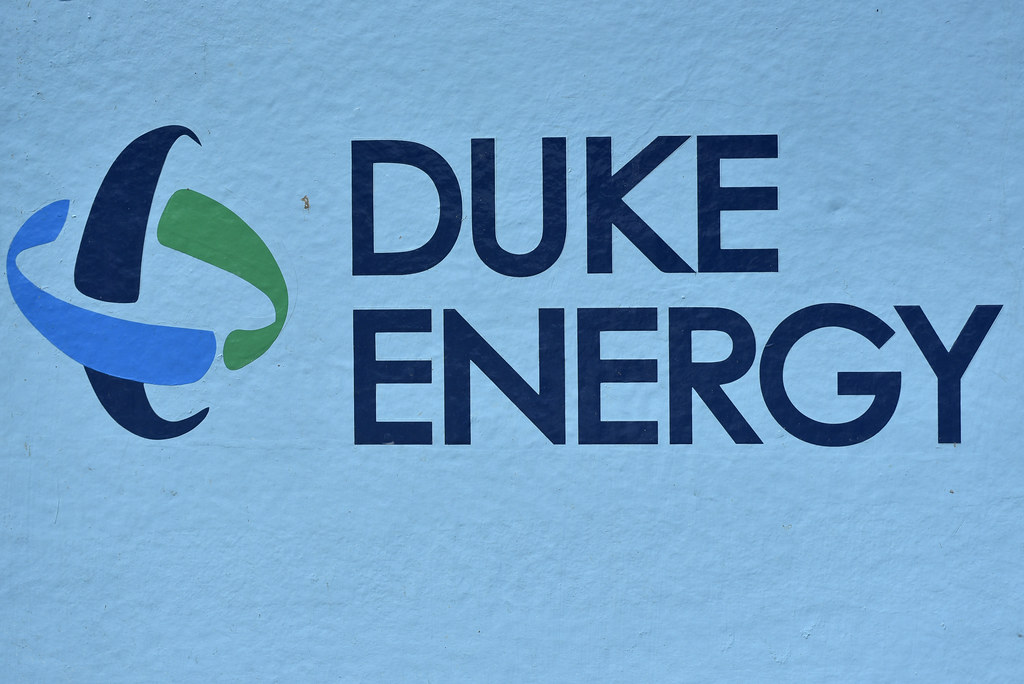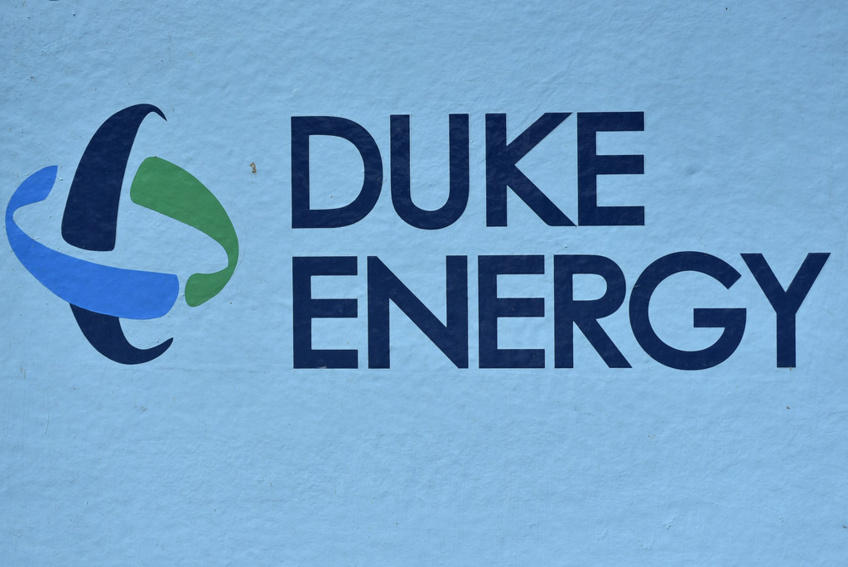Duke Energy is assisting customers in North Carolina who want to install electric vehicle (EV) chargers at their home or business with the cost of electrical upgrades. The company's Charger Prep Credit program, which provides a credit to residential or commercial customers in the state who install Level 2 or higher-powered chargers, helps cover the cost of EV charging infrastructure. Duke Energy is offering a one-time credit of up to $1,133 per household to cover electrical upgrades for EV charging infrastructure.
“EVs and zero-carbon transportation should be accessible to everyone, so Duke Energy is helping remove financial barriers to EVs for our North Carolina customers and simplifying the process to go electric,” said Stephen De May, Duke Energy’s North Carolina president.
He went on to add, “Steps like this, in addition to key grid infrastructure investments we’re making in support of EVs, will support North Carolina’s Clean Transportation Plan and help meet state emissions reduction goals.”
Residential and non-residential customers can choose their own contractor to perform the improvements in their home or business to prepare for an EV charger as part of the Charger Prep Credit program. Residential customers can also use a Duke Energy-approved contractor. Customers who have already had the preparation work done may be eligible for a credit if the work was completed within the last 120 days of their final invoice or permit approval.
The credit would cover the installation of wiring and other upgrades that support EV charging, such as new electric garage plug-in outlets or other electrical wiring improvements, but would not cover the cost of charging station hardware and software (if needed). Credit amounts for non-residential customers vary and are determined by several factors, including charger type, total kW, and whether service upgrades are required.
Knowledge is power: EV Chargers
EV chargers are classified into three types: Level 1, Level 2, and DC Fast (DCFC). While EVs can be charged using standard household outlets (Level 1) on a daily basis, many EV drivers prefer to install a faster 220- to 240-volt (Level 2) outlet. A qualified electrician can determine whether an electrical panel is capable of supporting a Level 2 charger and whether upgrades are required.
The majority of businesses or commercial entities install either Level 2 or DCFC chargers. Both Level 2 and DCFC have different power output ranges. The faster the charging process, the higher the level of charging.
Customers should consider several factors when planning to prepare their home or business for an electric charger. Chargers that are more than 40 amps must be hardwired and cannot use a dryer plug. Customers should also consult with the manufacturer of their vehicle to ensure that they select the correct charger for their vehicle's battery.
Looking into the future
The week of September 23 to October 2 is National Drive Electric Week (NDEW), a nationwide celebration to raise awareness of the numerous benefits of all-electric and plug-in hybrid cars, trucks, motorcycles, and other vehicles. NDEW, coordinated by Plug In America and supported by the National Electric Highway Coalition (NEHC), educates consumers about the benefits of EVs and provides in-person transportation electrification training across the country.
“Duke Energy is investing in an electric future, a modernized power grid, and delivering innovative and reliable energy solutions for our customers as we support the growing U.S. adoption of EVs,” said Cory Gordon, Duke Energy’s director of transportation electrification.
“We will continue to work with stakeholders and other interested parties to actively pursue near-term programs that benefit all Duke Energy customers and make a meaningful environmental impact.”
“EVs and zero-carbon transportation should be accessible to everyone, so Duke Energy is helping remove financial barriers to EVs for our North Carolina customers and simplifying the process to go electric,” said Stephen De May, Duke Energy’s North Carolina president.
He went on to add, “Steps like this, in addition to key grid infrastructure investments we’re making in support of EVs, will support North Carolina’s Clean Transportation Plan and help meet state emissions reduction goals.”
Residential and non-residential customers can choose their own contractor to perform the improvements in their home or business to prepare for an EV charger as part of the Charger Prep Credit program. Residential customers can also use a Duke Energy-approved contractor. Customers who have already had the preparation work done may be eligible for a credit if the work was completed within the last 120 days of their final invoice or permit approval.
The credit would cover the installation of wiring and other upgrades that support EV charging, such as new electric garage plug-in outlets or other electrical wiring improvements, but would not cover the cost of charging station hardware and software (if needed). Credit amounts for non-residential customers vary and are determined by several factors, including charger type, total kW, and whether service upgrades are required.
Knowledge is power: EV Chargers
EV chargers are classified into three types: Level 1, Level 2, and DC Fast (DCFC). While EVs can be charged using standard household outlets (Level 1) on a daily basis, many EV drivers prefer to install a faster 220- to 240-volt (Level 2) outlet. A qualified electrician can determine whether an electrical panel is capable of supporting a Level 2 charger and whether upgrades are required.
The majority of businesses or commercial entities install either Level 2 or DCFC chargers. Both Level 2 and DCFC have different power output ranges. The faster the charging process, the higher the level of charging.
Customers should consider several factors when planning to prepare their home or business for an electric charger. Chargers that are more than 40 amps must be hardwired and cannot use a dryer plug. Customers should also consult with the manufacturer of their vehicle to ensure that they select the correct charger for their vehicle's battery.
Looking into the future
The week of September 23 to October 2 is National Drive Electric Week (NDEW), a nationwide celebration to raise awareness of the numerous benefits of all-electric and plug-in hybrid cars, trucks, motorcycles, and other vehicles. NDEW, coordinated by Plug In America and supported by the National Electric Highway Coalition (NEHC), educates consumers about the benefits of EVs and provides in-person transportation electrification training across the country.
“Duke Energy is investing in an electric future, a modernized power grid, and delivering innovative and reliable energy solutions for our customers as we support the growing U.S. adoption of EVs,” said Cory Gordon, Duke Energy’s director of transportation electrification.
“We will continue to work with stakeholders and other interested parties to actively pursue near-term programs that benefit all Duke Energy customers and make a meaningful environmental impact.”


 Duke Energy continues to invest in EV charging infrastructure
Duke Energy continues to invest in EV charging infrastructure





 Companies
Companies